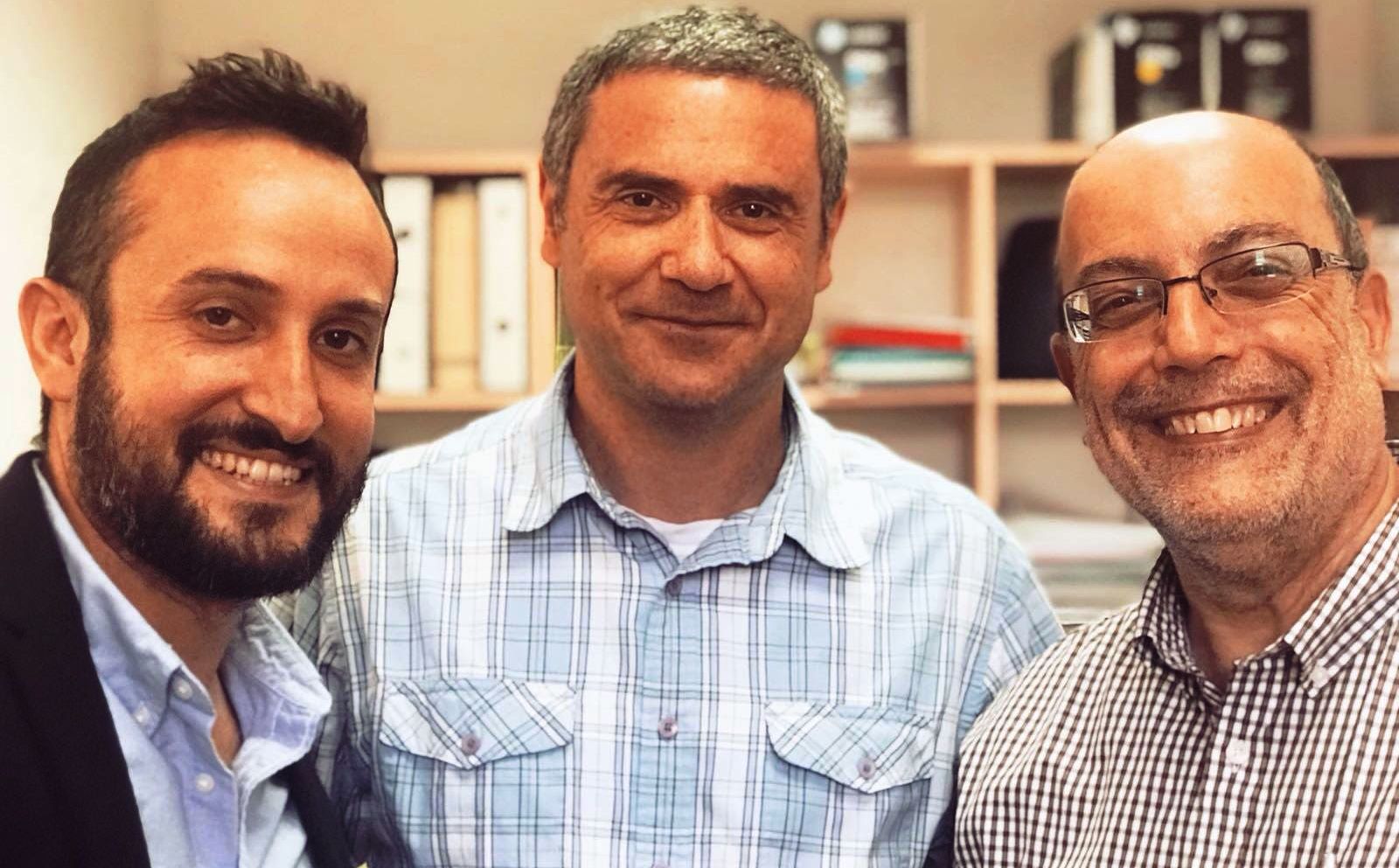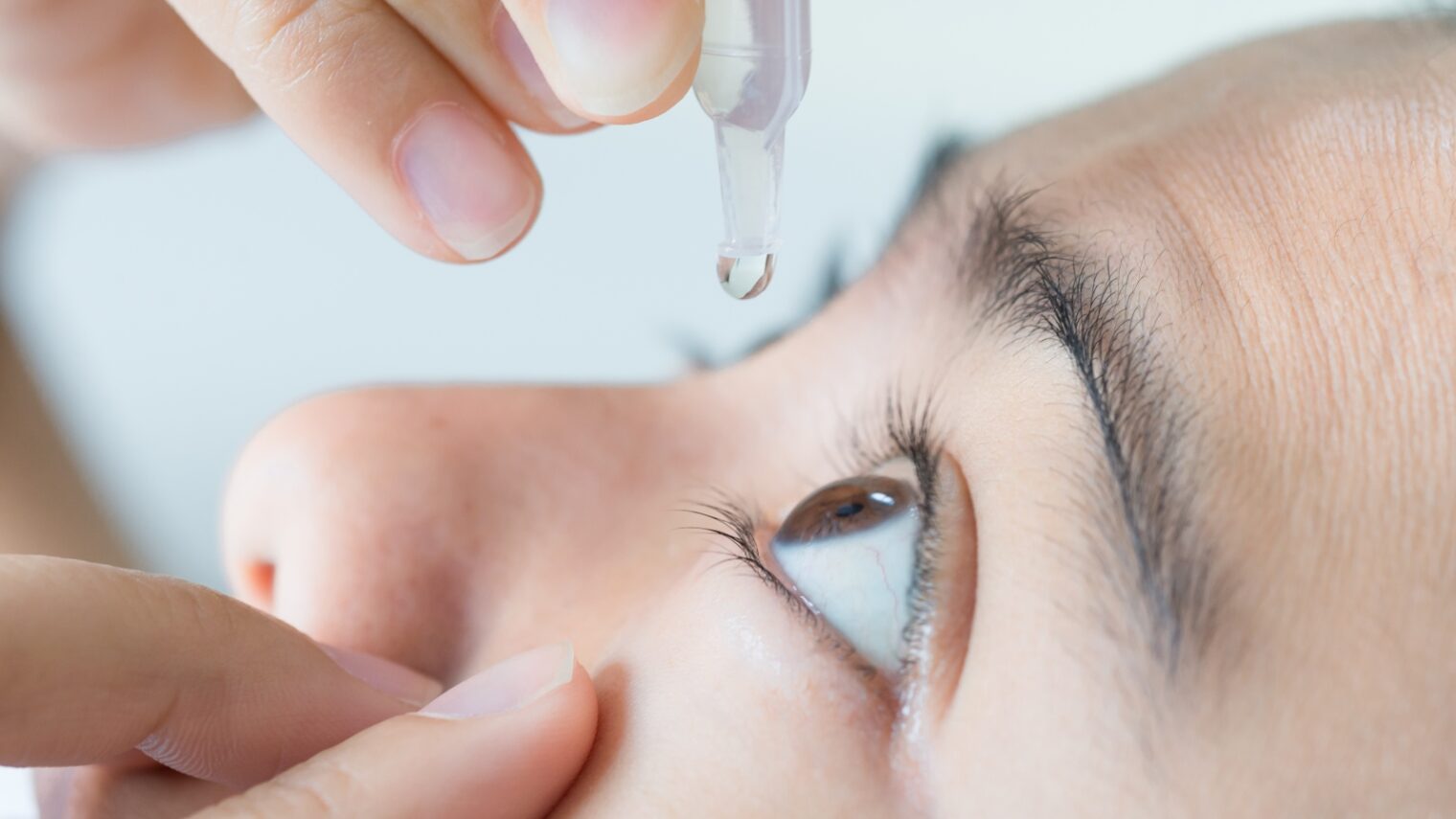Would you rather wear glasses or contact lenses, have laser surgery, or put drops in your eyes to see well? Consumers are starting to demand the third option, as new scientific advances have made corrective eye drops possible.
This is big business: A couple of years ago, pharma giant Novartis acquired a company developing a topical treatment for age-related farsightedness (presbyopia), while others are experimenting with eye drops to dissolve cataracts.
In Israel, two startups are in the clinical stages of testing their corrective eye drops. ISRAEL21c asked them to explain how their different approaches could radically alter the way people improve their vision.
ORASIS: Goodbye, reading glasses
Orasis Pharmaceuticals of Herzliya recently raised $13 million to continue developing pharmaceutical-grade eye drops intended to improve near vision so people won’t need their reading glasses.
CEO Elad Kedar says presbyopia affects the majority of people over age 45, giving Orasis a potential market of nearly 2 billion people around the globe; 120 million in United States.
“The lenses in our eyes, like any other organ, get old and gradually lose the flexibility to change shape to focus on near objects,” Kedar says. “The reduction in flexibility makes it difficult to focus on near objects and eventually you need reading glasses.”
Although reading glasses are effective, he continues, many people don’t like using them because they are inconvenient and easily misplaced, and they are considered a sign of old age.
“There has been a long journey to find alternative solutions such as contact lenses or inlays, but all have problems of efficacy, safety or convenience of use. We developed a first-in-class pharmacological solution using a combination of existing molecules already used in the eye for other indications. You just put a drop in each eye and you can potentially see well for several hours. It can be very safe and convenient.”
More than five years of R&D have gone into Orasis’ CSF-1 patented formula. Following studies in humans in a few centers in Israel and Europe — results are soon to be published — the next step is a Phase 2b study in the United States, Kedar tells ISRAEL21c. “We have started the regulatory process,” he says.
The latest funding round was led by California-based Visionary Ventures, with participation from investors including from Sequoia Capital, SBI Japan-Israel Innovation Ventures, and New York-based LifeSci Venture Partners. Visionary Ventures’ Jeffry Weinhuff and SBI’s Masafuyu Tanaka joined the Orasis board of directors.
NANO-DROPS: No more blurry vision
Developed at Bar-Ilan University’s Institute of Nanotechnology and Advanced Materials (BINA) in Ramat Gan, Nano-Drops offers a patented solution for correcting all refractive errors that cause blurry vision – farsightedness, nearsightedness and astigmatism.
In preclinical tests using pig eyes (which are similar to human eyes), Nano-Drops achieved a correction of 3 diopters for farsightedness and 2.5 diopters for nearsightedness by locally modifying the corneal refractive index. Further fundraising, development and in vivo animal testing is coming next, followed by a human trial in late 2019.

Nano-Drops are meant to be applied in a three-step process.
First, the user measures refraction using any of several existing smartphone apps. A proprietary laser device – standalone or clipped onto a smartphone – then uses that measurement to stamp an individualized optical pattern onto the top layer of the cornea in a few milliseconds. (This is not the same as laser ablation; it is a delivery method using fast, painless pulses.)
Finally, synthetic biocompatible protein nanoparticle drops are applied to the eye to enhance and activate the stamped optical pattern. The result is a change in the refractive index and ultimately modification of the trajectory of light passing through the cornea.
“We don’t know how long the effect lasts because we haven’t done in vivo experiments yet,” says Dr. David Smadja, an ophthalmologist at Jerusalem’s Shaare Zedek Medical Center and a BINA research associate. “In January we will do in vivo tests on rabbits or pigs.”
Smadja immigrated to Israel from France three and a half years ago. “I’m a physician, so I see every day what I don’t have in hand to treat my patients and I’m always looking for what is missing,” he tells ISRAEL21c.
“But technology is not my field, so I started working with Prof. Zeev Zalevsky [from Bar-Ilan’s Kofkin Faculty of Engineering] and he makes my ideas real. We’ve been working on Nano-Drops for two years. Now we have many projects together.”
The other partner in developing Nano-Drops is Prof. Jean-Paul Moshe Lellouche, head of the chemistry department at Bar-Ilan. The university’s Birad Research & Development Company has filed a patent for Nano-Drops and is working with Nano-Drops cofounder and chief business officer Steve Elbaz to commercialize the new technology.
“In the future, this technology may enable patients to have their vision corrected in the comfort of their own home,” says Smadja.














